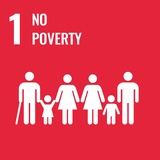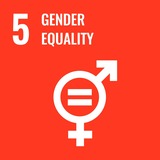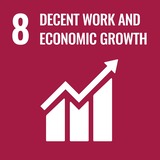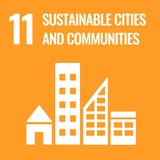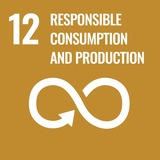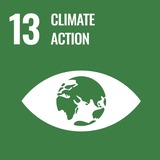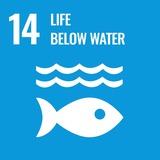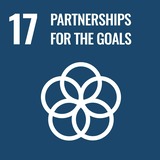INDONESIA
Clean Bali
Non-recyclable plastic, in particular, is a challenge for communities in Bali — which is why our collection efforts here focus solely on this type of material.


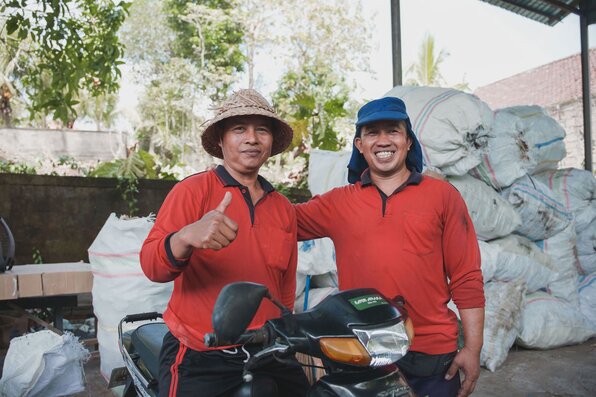
INDIA
Clean Chemnad
Just a few kilometers from the coast, Chemnad is home to friendly faces, dramatic landscapes, and calming coastlines.
It was also home to a piling plastic pollution problem due to an inefficient waste management system — until we implemented our project, that is.



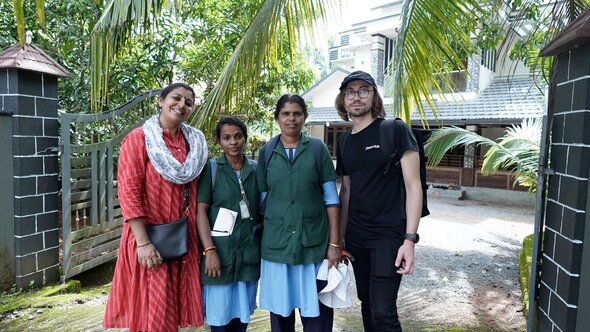
The story
Unlike some of our other projects, the Clean Bali program builds on an existing infrastructure.
Waste recovery organizations, like our partner EcoBali, collect plastic waste from homes, businesses, and waste banks all over the island.
This infrastructure is crucial in addressing the plastic pollution problem in Bali, but it doesn’t include the collection of non-recyclable plastic, which accounts for almost a quarter of the waste collected, on average. Unfortunately, this means that non-recyclable materials often end up in landfill.
But that’s where we come in.
Like many environmental challenges, we’re all in this together — and that’s why we partnered with EcoBali. We collect and process the non-recyclable waste from the communities that EcoBali works with.
Integrating change in the community
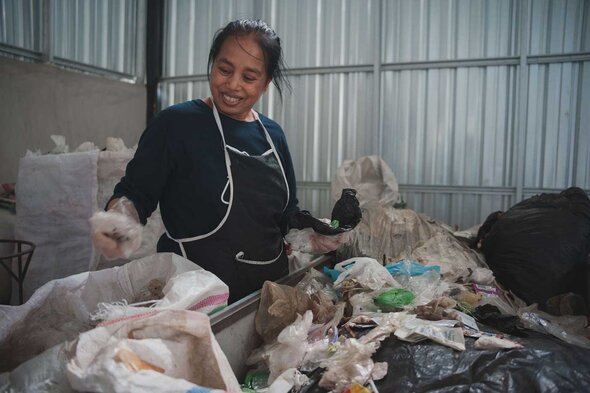
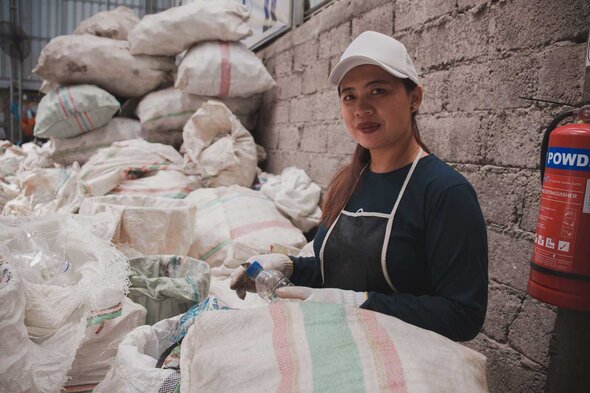
Non-recyclable plastic is a major obstacle in the waste management industry — especially in developing countries. This is because, unlike recyclable plastic, non-recyclables can’t be reused, meaning they have no monetary value. And without money, organizations can’t afford to carry out collections.
But with funding from our incredible brand partners, we’re able to finance the collection of non-recyclable waste from families, businesses, and over 250 waste banks in Bali.
Altogether, we collect plastic waste from 86 villages across the island — helping over 1,800 locals live better lives on a cleaner planet.
Wondering what happens to the non-recyclable waste, since it can’t be reused? Instead of being sent to landfill, we send it to a co-processing facility, where it can be turned into greener fuel for the cement industry.
Our impact

Clean Nature
By funding the collection and proper processing of non-recyclable materials, we’re able to help EcoBali reach a 90% waste recovery rate in the regions we work in.
This means only 10% of waste gets taken to landfills now, which pollute the environment, harm wildlife, and continue to release emissions. This leftover waste often includes hazardous materials, sanitary waste, contaminated items, or waste with a high water volume.

Clean Communities
Before this project, the 86 villages we operate in only had a few options when it came to their non-recyclable waste: dump it, burn it, or send it to landfill through the waste banks.
Now, locals can live in a clean, healthy community, free from plastic pollution.

Clean Jobs
We strive to empower local communities through our waste bank program where the local communities themselves — especially the women — operate the waste bank in their villages. We also strive to reach local businesses so they can also participate.

Clean Oceans
Bali is part of the Coral Triangle — an area with the highest marine biodiversity in the world. And given roughly 80% of all plastic that enters the oceans is non-recyclable, our collection efforts in Bali are helping this incredibly important ecosystem in the Indian Ocean.
Our collection process
When it comes to plastic collection, transparency is key.
We want the brands that fund this project to know exactly how much plastic they’ve helped to recover, and where it’s been collected from. That’s why we implemented this standardized collection process for this project:

STEP 1
Collect waste from families
Instead of focusing our efforts on waste in the open environment, we stop plastic pollution at the source by collecting waste from waste banks, homes, and businesses in Bali.
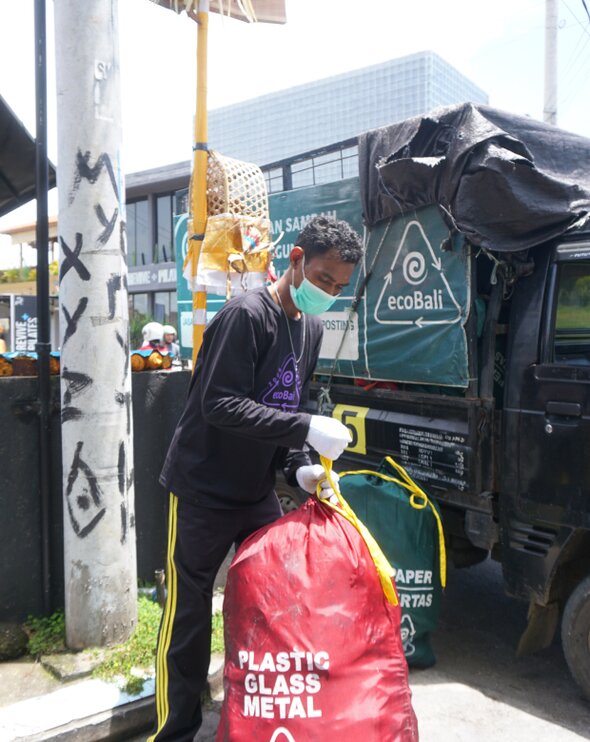
STEP 2
Register the amount of waste
This is done easily through the CleanHub app. All the team needs to do is verify the collected volumes by taking a photo and logging the weight of the bag.

STEP 3
Sort the waste
The collection team then sorts the bags of trash, inputs the data into our app, and marks the bags of waste as ‘ready to be delivered’

STEP 4
Transport the waste
Once the collection is done, all waste is taken to the Eco Bali’s Material Recovery Facility to be processed.
Collection operator: ecoBali
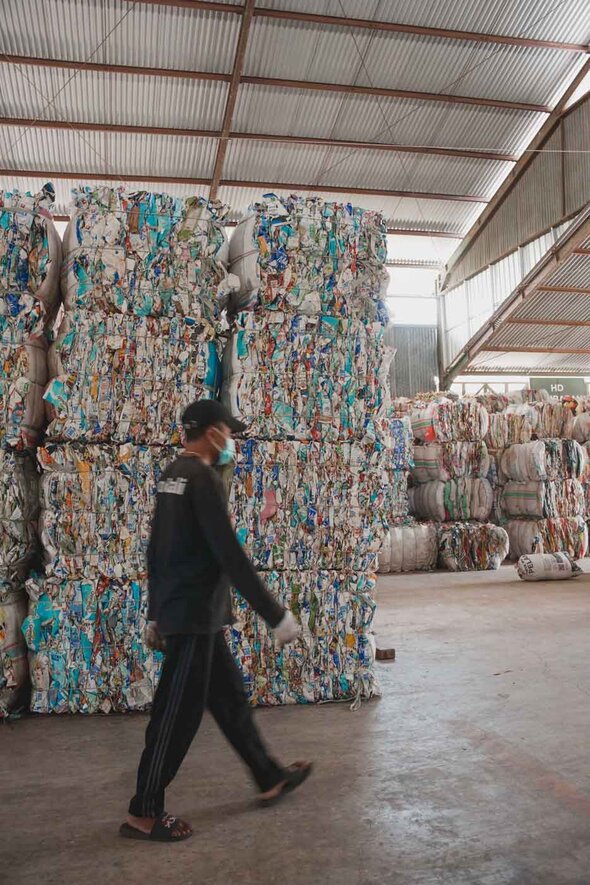
This project wouldn’t be possible without our incredible collection partner, EcoBali.
EcoBali is a waste management hub that collects waste from four regions in Bali — helping 86 villages manage their trash.
Founded in 2006, it’s EcoBali’s mission to bring an effective waste management system to Bali, making sure that all locals can live in a cleaner environment.
As part of this goal, the organization is particular focused on moving away from a linear economy, and invest more in a circular one. That means all the plastic collected is either recycled to be used again or sent to a co-processing facility to be turned into fuel.
Sign up to our newsletter
Subscribe to receive monthly insights. Plus, we’ll collect 1kg of plastic on your behalf.
Our accreditation
We're the first plastic credit system verified by TÜV SÜD


